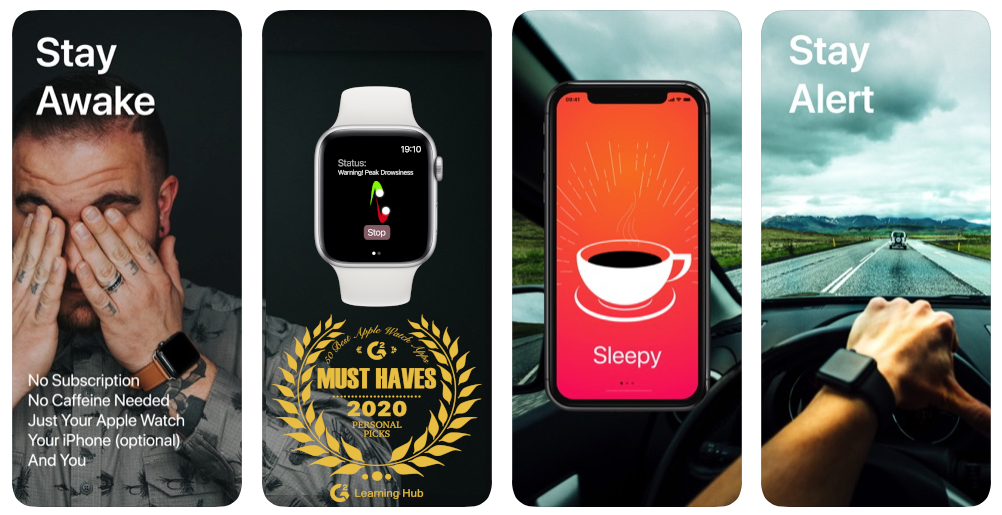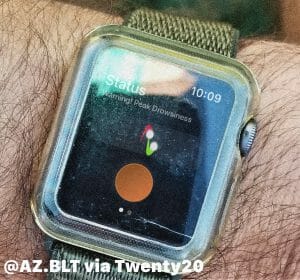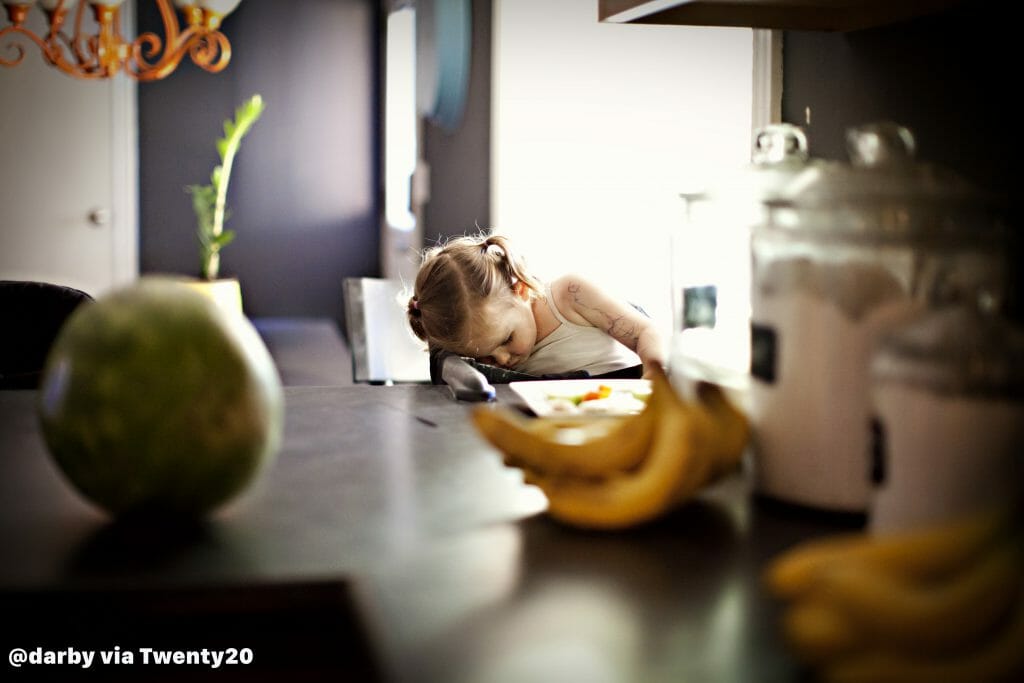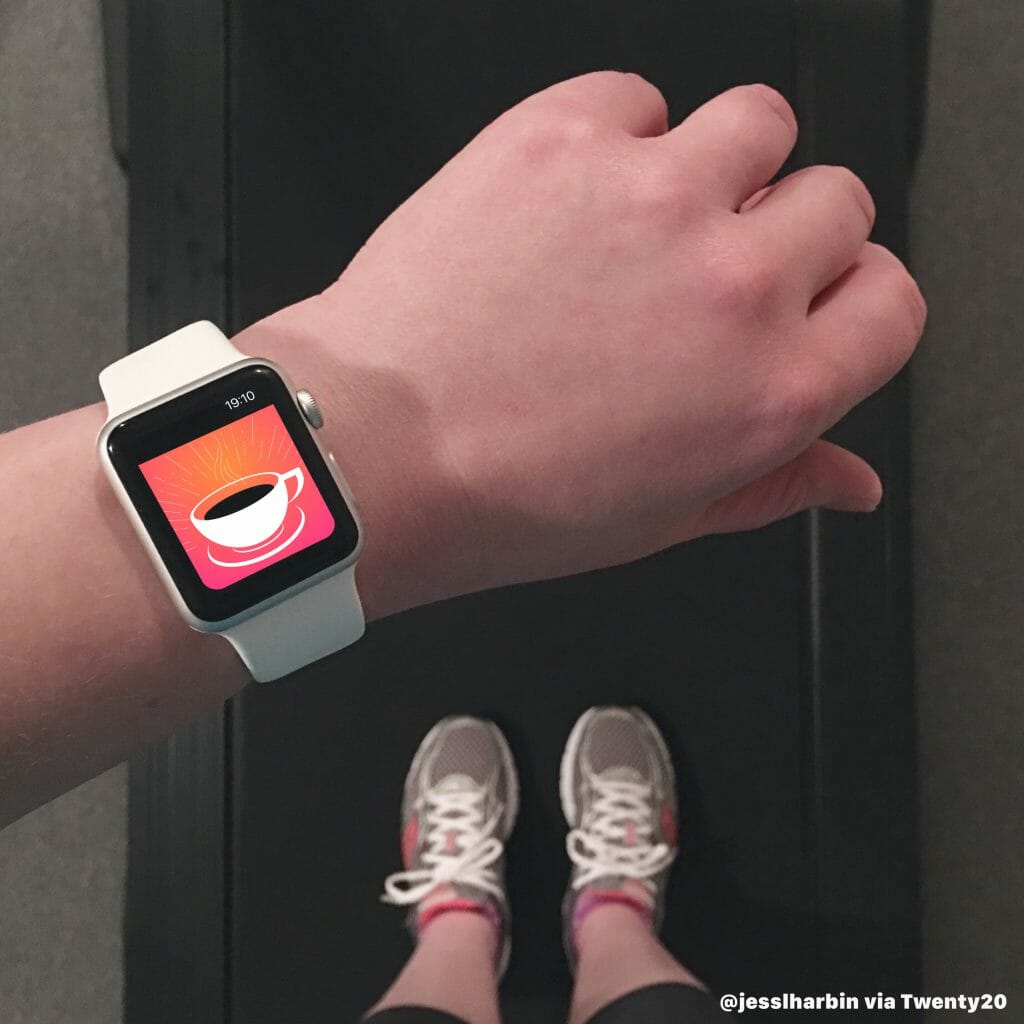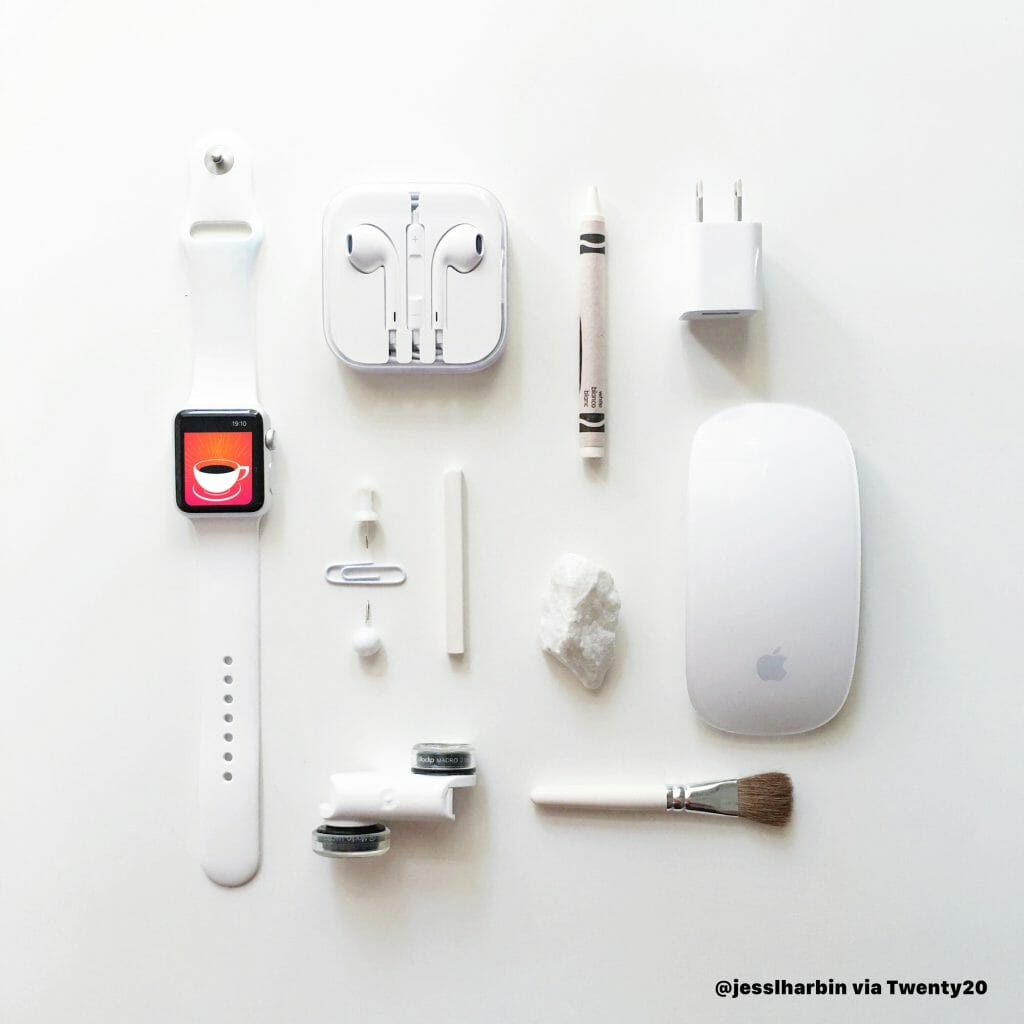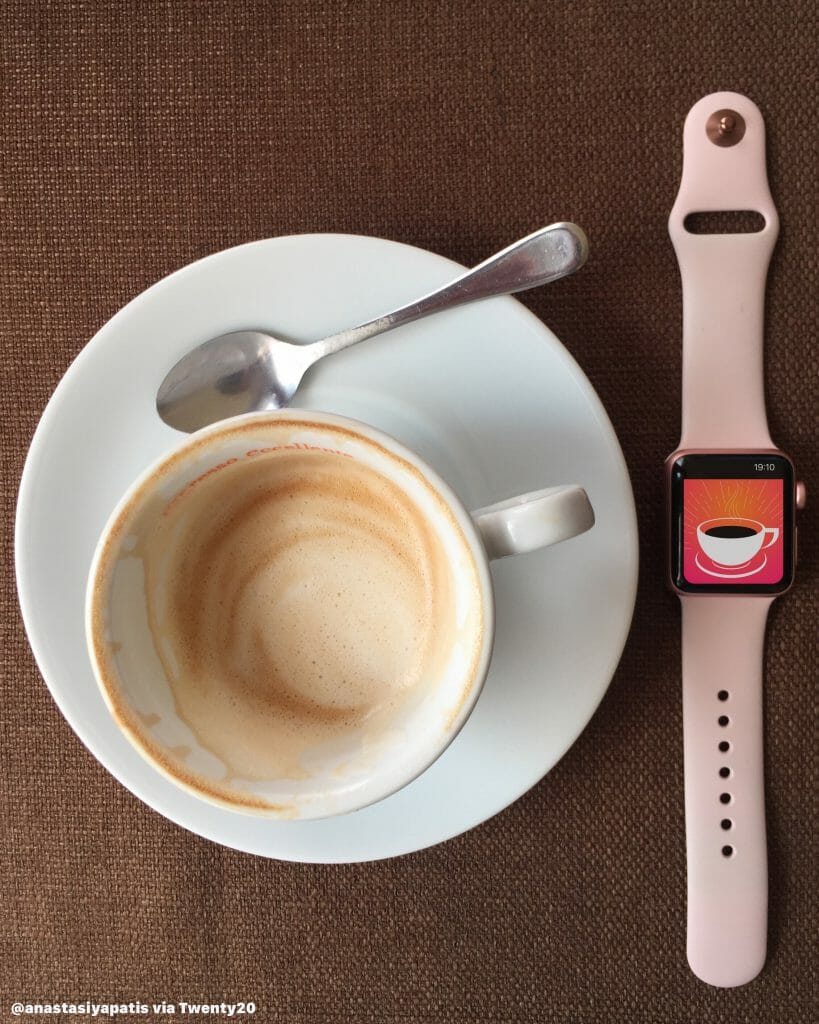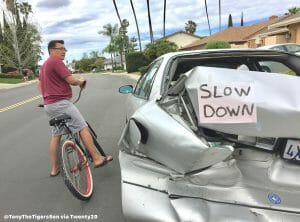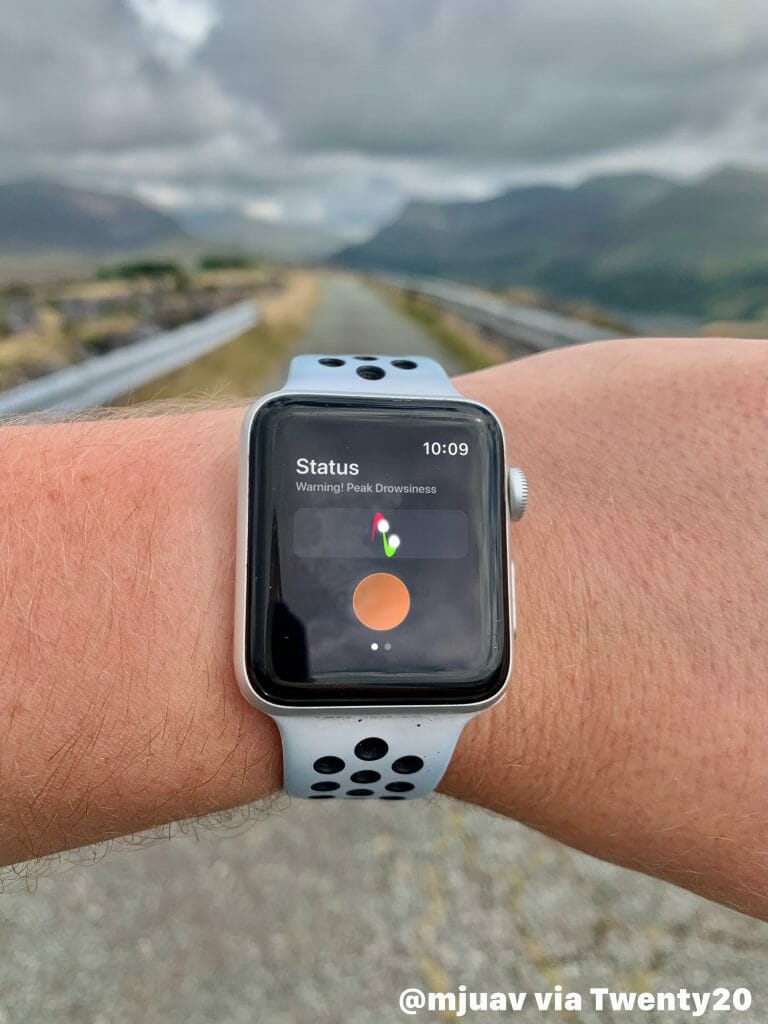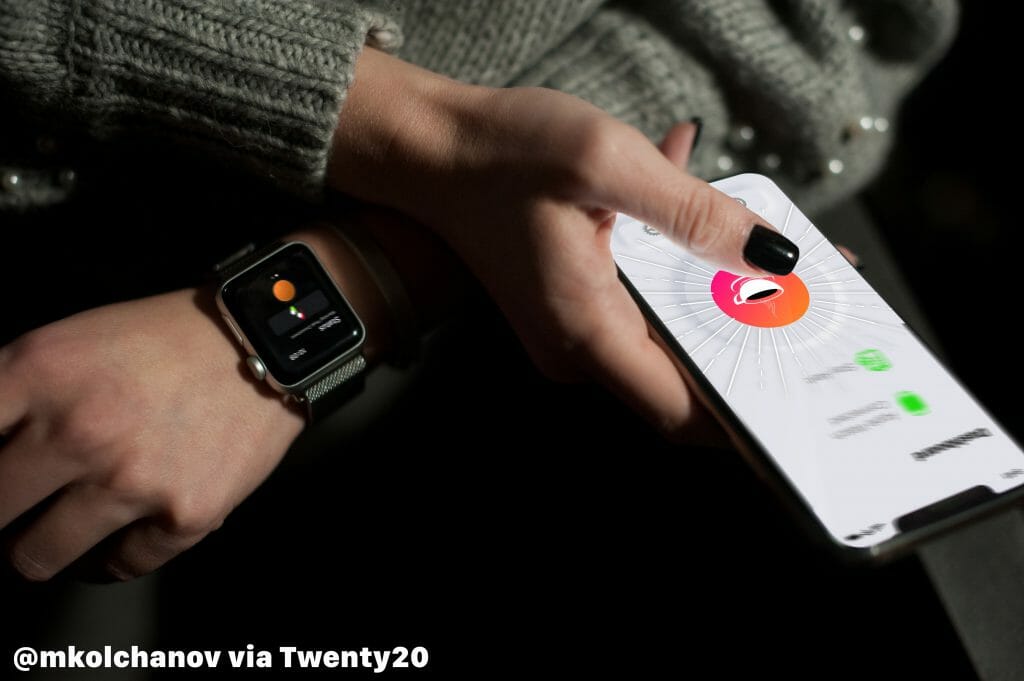Are You Driving Tired?
We Never Drive Tired!
Okay, Maybe Sometimes…
Long commutes and heavy workloads are putting a strain on our daily lives. For a lot of people that I know driving to work saves time and allows them to work longer hours.
I know few of them have the time to think about whether they are putting their lives at risk just to work a few hours more.
The Nation Safety Council report that upwards of 6,400 people die in car accidents that can be attributed to tiredness each year.
In this article we’ll take a look into driving whilst being tired.
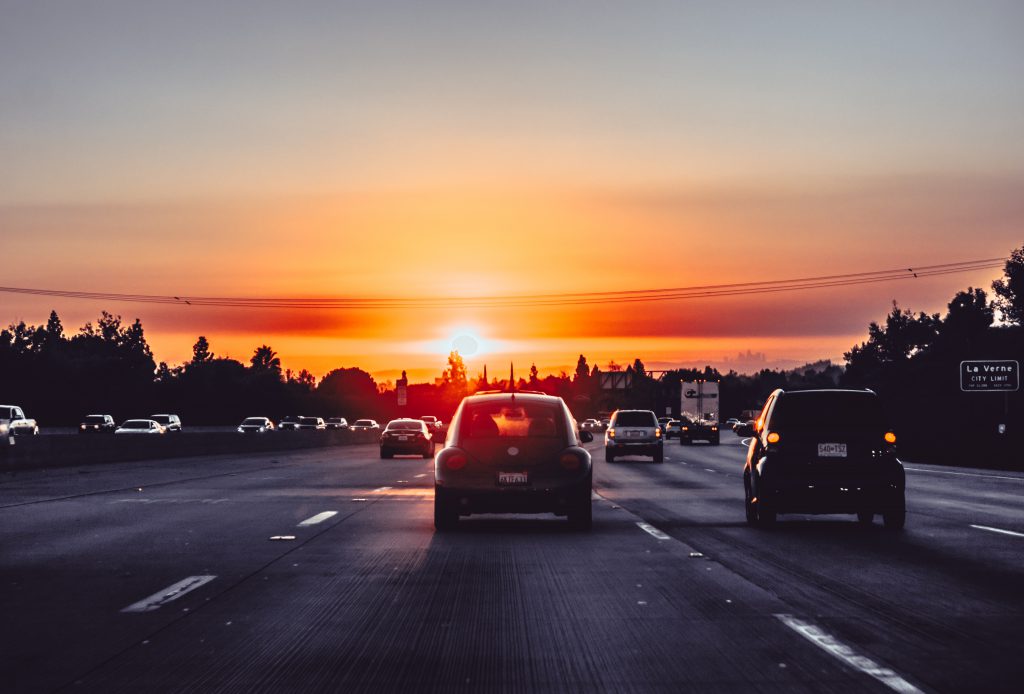
The Need for Speed
In these challenging economic times there is a lot of pressure to stay ahead of the crowd. Working or studying for long hours is the default tactic for appearing to be productive, or even just to keep your job.
If the public transport system in your city just doesn’t cut it, driving may be your only option. At least you can quickly get home when you’re ready after a long day.
The problem is that you are more likely to be tired after a long day and driving home late, raising the probability that you could be involved in an accident on the way home.
Would You Drive Drunk?
I believe that if you are reading this article that the likelihood of you drinking and driving are very low.
Unfortunately, many people unknowingly do just that when they drive whilst being tired.
- A recent report found that reducing your sleep by two hours has a similar affect to drinking three beers.
- A person that sleeps for 4-5 hours a day has the same crash risk as a person with 0.08% blood alcohol level.
Tefft, B. C. (2016). Acute Sleep Deprivation and Risk of Motor Vehicle Crash Involvement. Washington, DC: AAA Foundation for Traffic Safety. - After being awake for 17 hours, a person’s impairment level is similar to having a blood alcohol level of 0.05%. And after 24 hours it matches 0.10% – too drunk to drive.
Waclawski, E., and P. Noone. “Are aviation industry fatigue risk management strategies needed in healthcare?.” Anaesthesia 72.11 (2017): 1417-1419.
Precautions and Tips
By reading this article you have already taken a major step in reducing the risk of being in an accident caused by driving whilst tired.
Whilst being a good first step, positive action is needed on your part. The following suggestions will help even further, but nothing beats getting enough rest before you start to drive.
- Get enough sleep.
Change your sleeping routine to get at least seven hours of sleep every day, especially when you plan to drive. - Plan rest stops.
After driving for two hours, make sure you stop and rest. - Opening your car window and playing loud music will not be enough to keep you awake if you are tired.
You may even feel awake, but misjudge how tired you really are. Use V-CAF an Apple Watch app that monitors your tiredness levels and notifies you so that you can take the appropriate action to get some rest and wake your self up. - Drink lots of water.
Water helps keep your brain alert by increasing oxygen and nutrients via blood flow to your brain.
Review
Dozing off behind the wheel is a real and present danger. In a recent report 30% of participants admitted falling asleep whilst driving.
Stay informed and make positive changes to your sleep routine if you rely on driving as your daily commute.
Use these tips to help you beat tiredness whilst driving:
- When driving, make sure you get at least 7 hours of sleep beforehand.
- Stop and take a break after at least two hours of continuous driving.
- Know how tired you are by using tiredness monitors like V-CAF .
- Keep your brain alert by drinking lots of water.
Conclusion
We are in a tiredness epidemic and people aren’t aware of the dangers that we face daily due to tiredness.
I have shared this information with my friends and work associates and would appreciate it if you would share this post with anyone you think may benefit from this information.
Thank you.
“If you find yourself on the road and feeling tired, pull over to a safe location and park. Take a 20-minute nap or make other arrangements to get to your destination. Caffeine can help promote alertness but may only help for a short period of time, so it’s best not to rely on caffeine.”
National Safety Council, Drowsy Driving is Impaired Driving, https://www.nsc.org/road-safety/safety-topics/fatigued-driving

Now available on the App Store, download it now!
